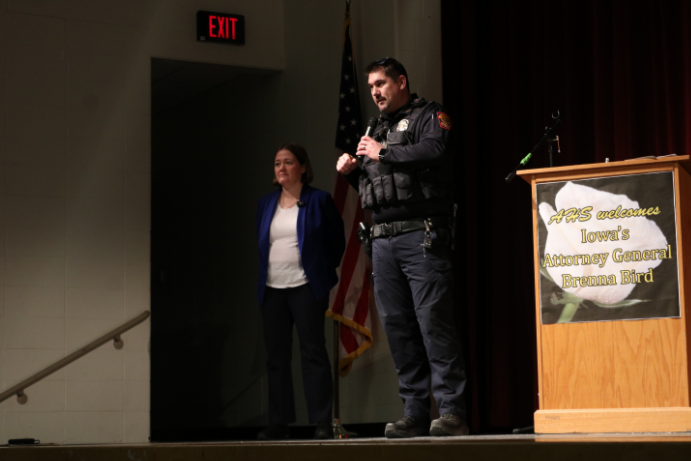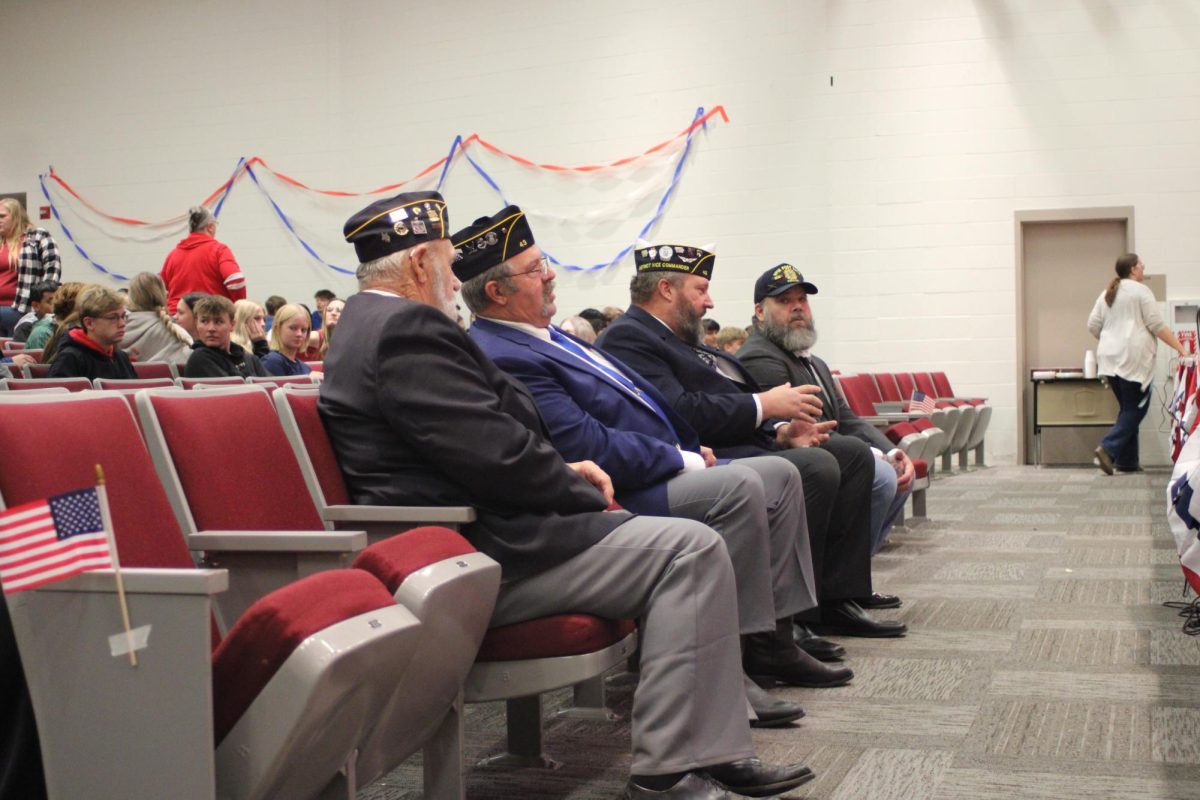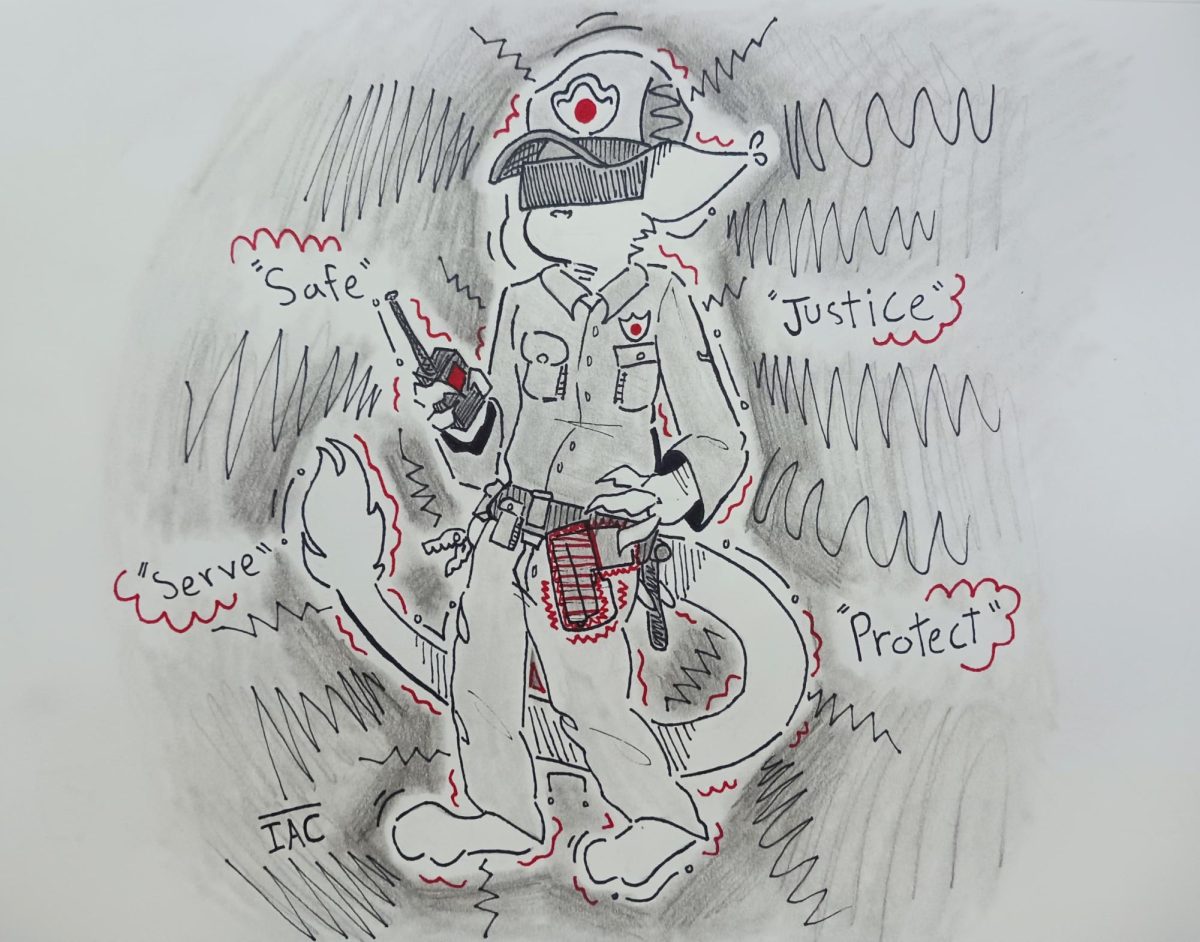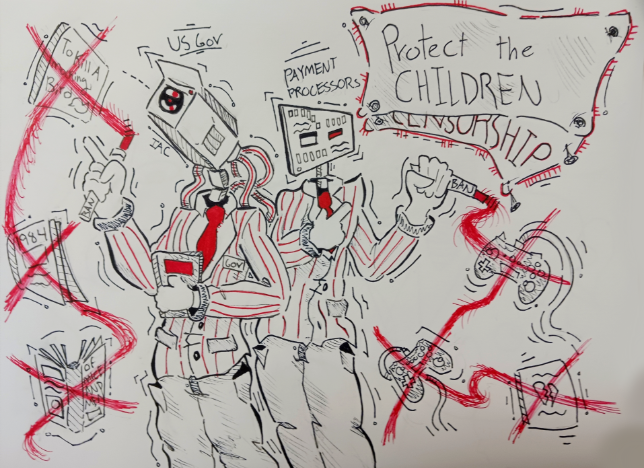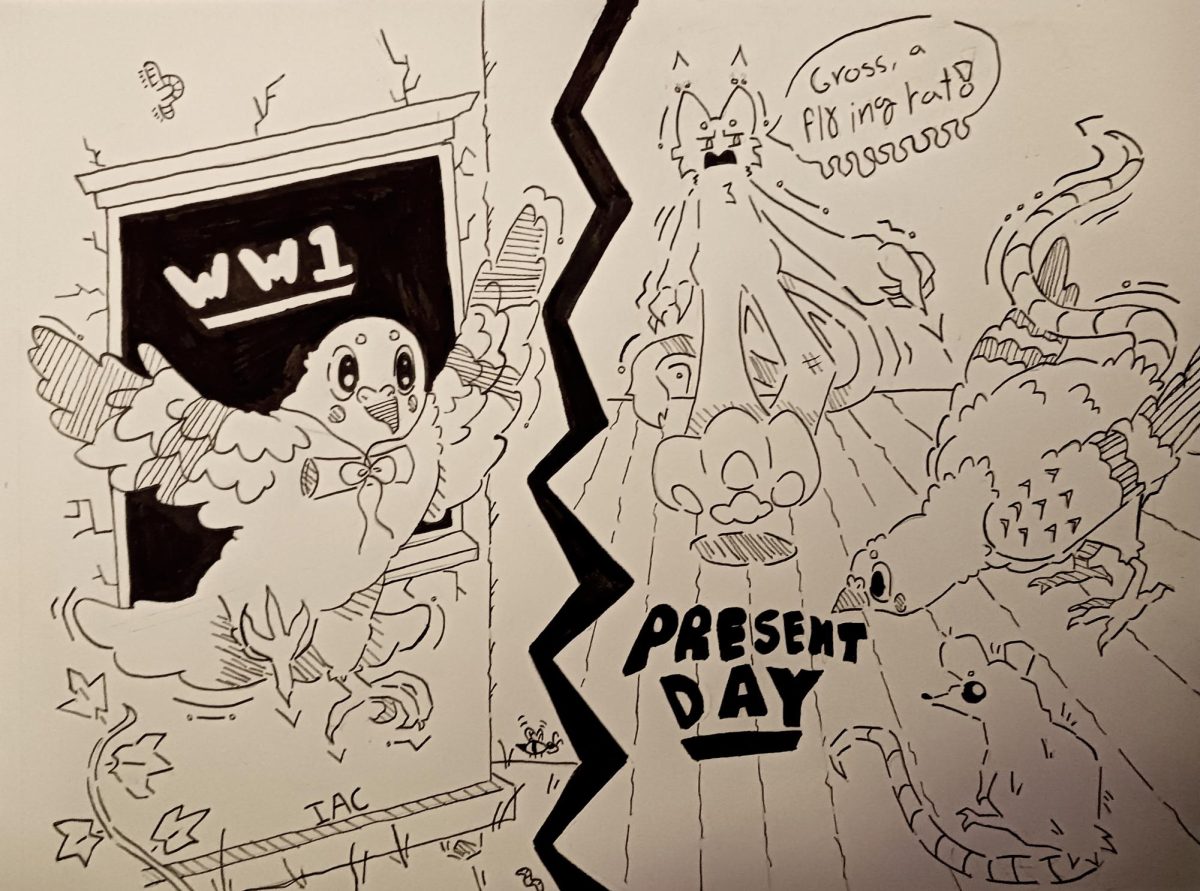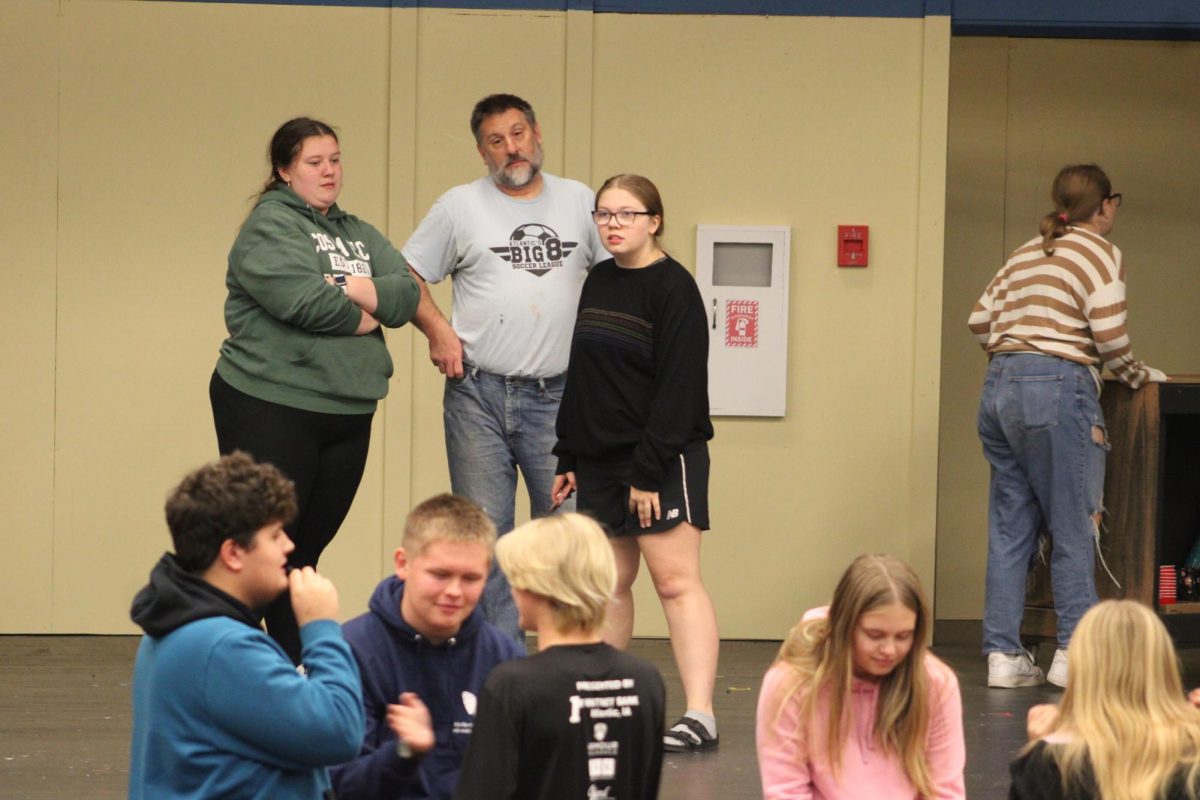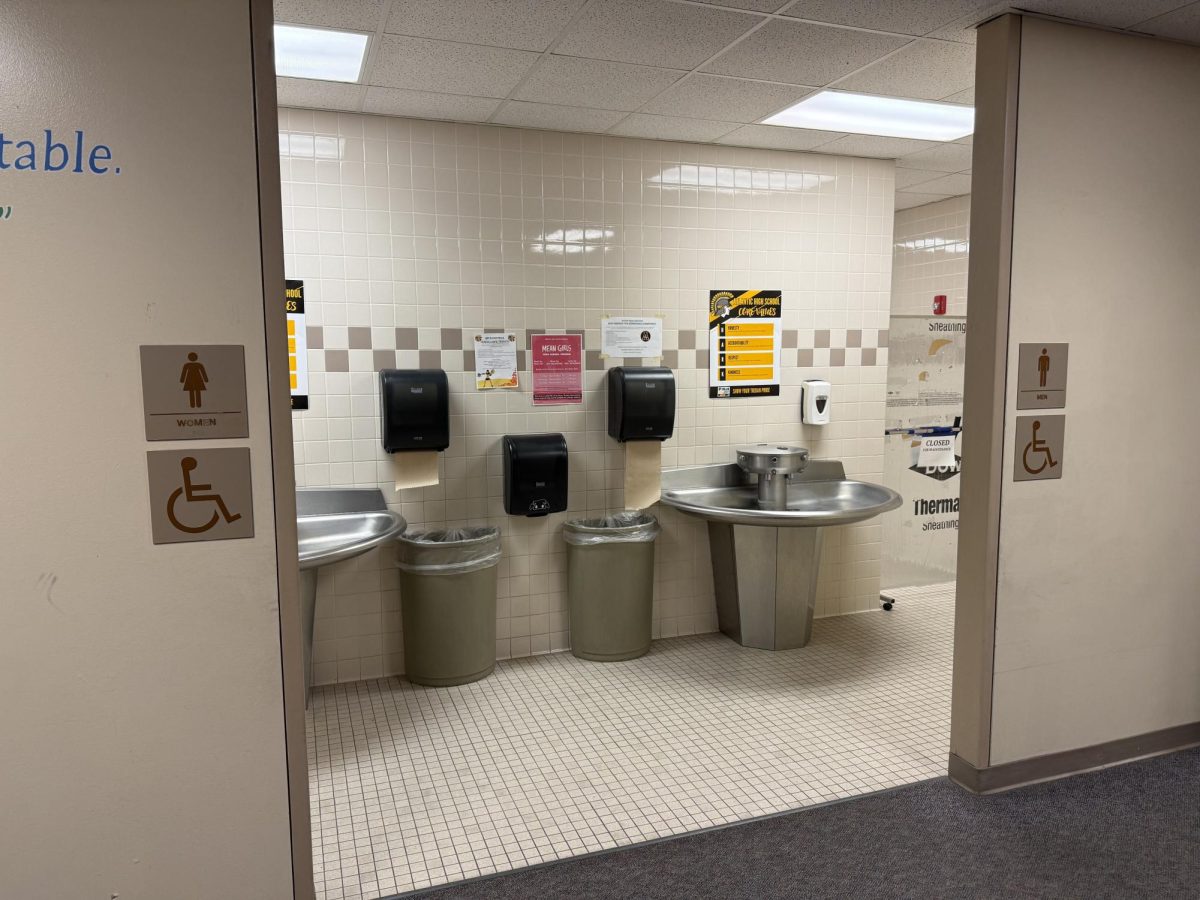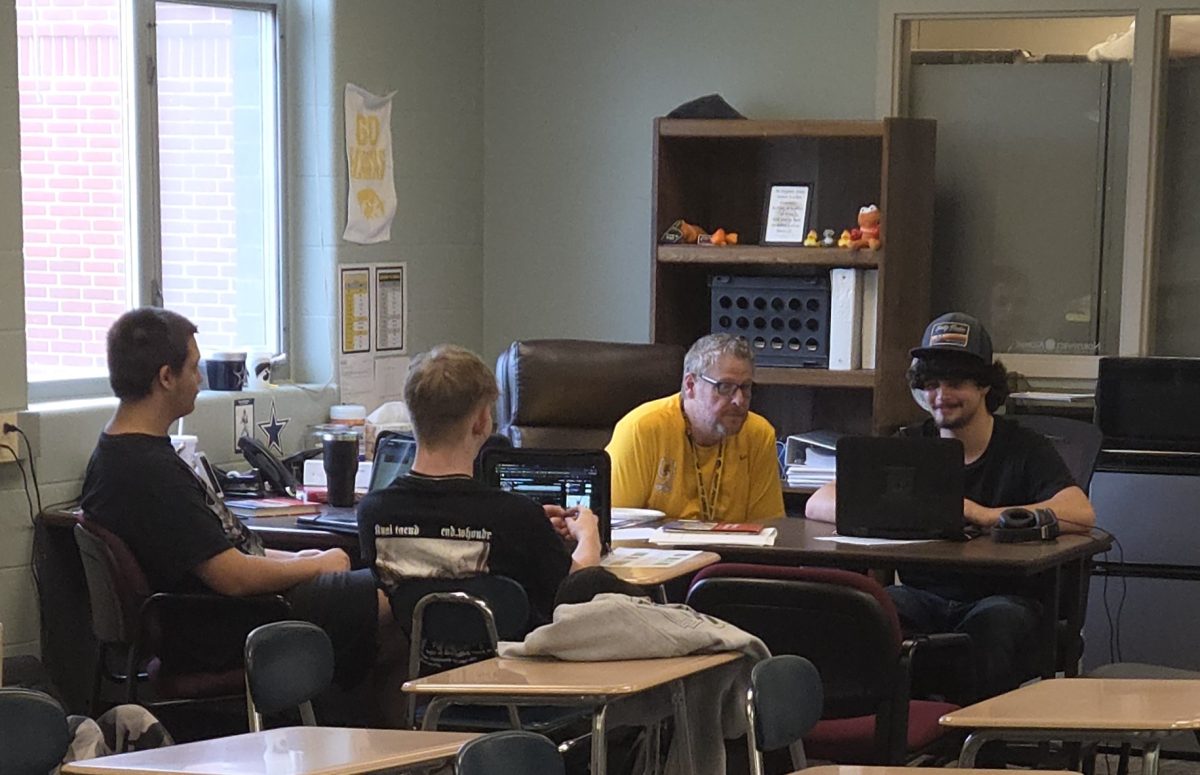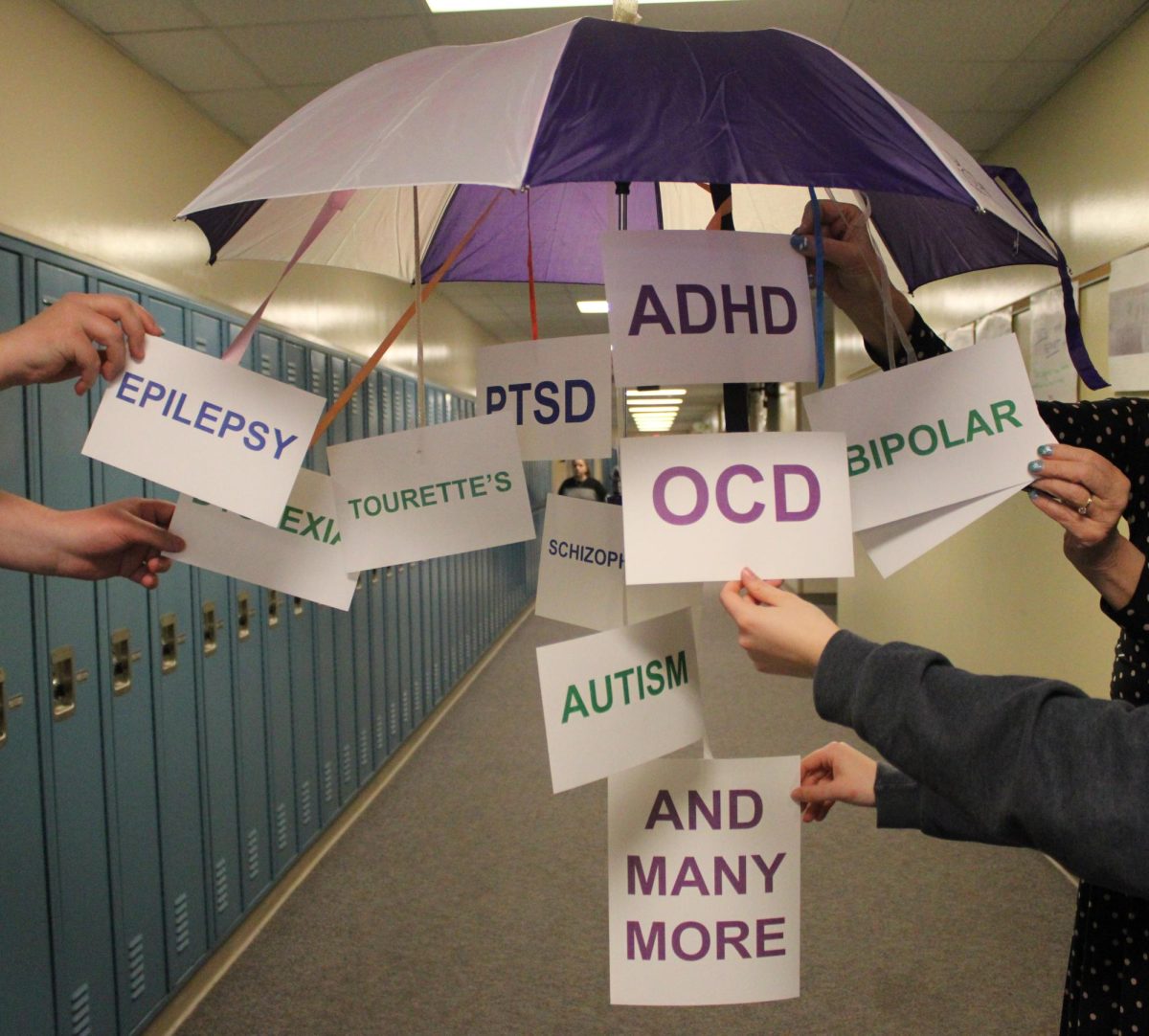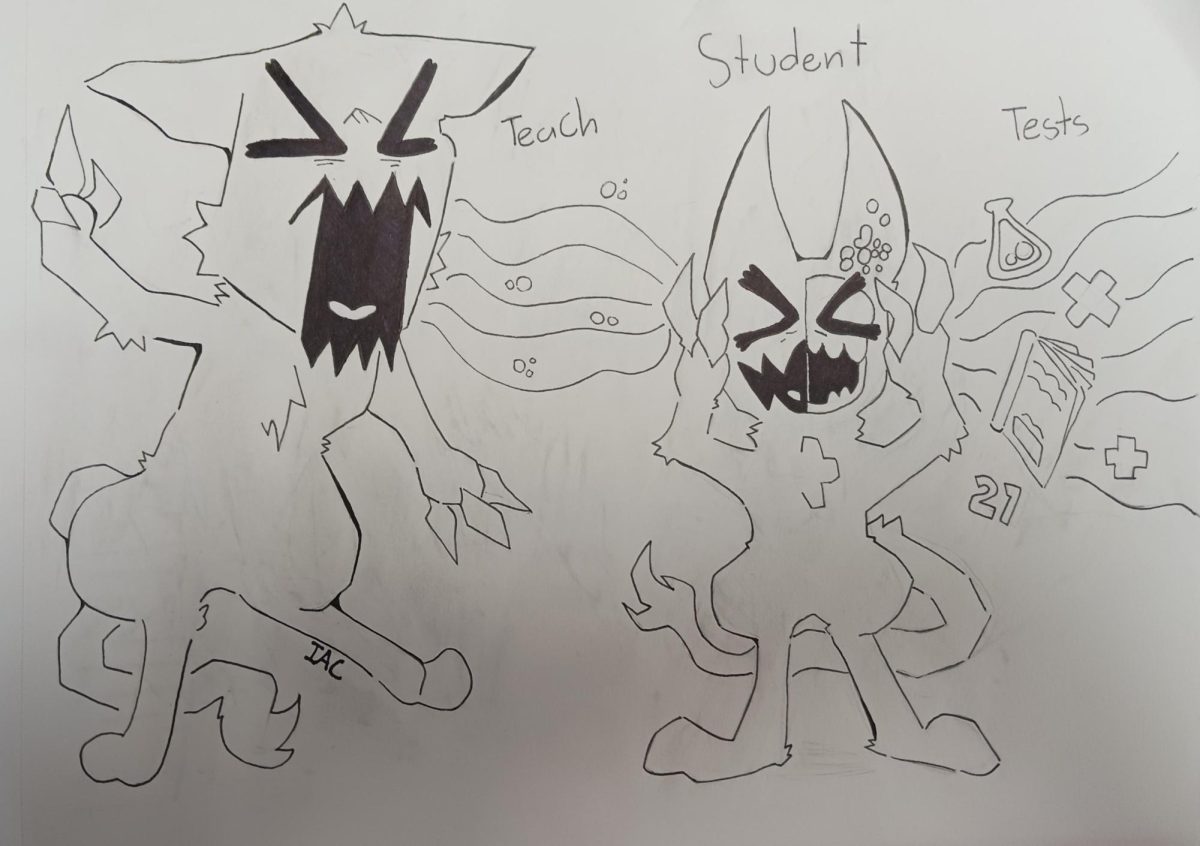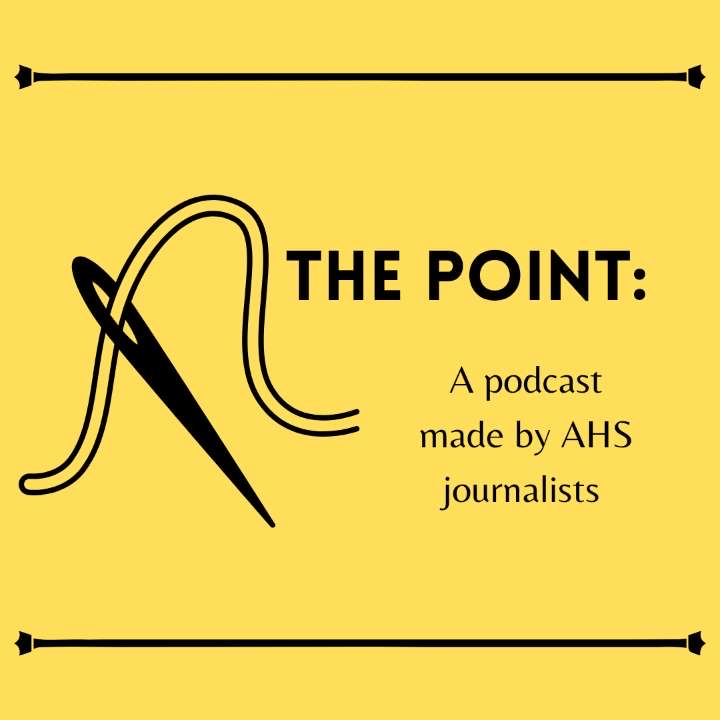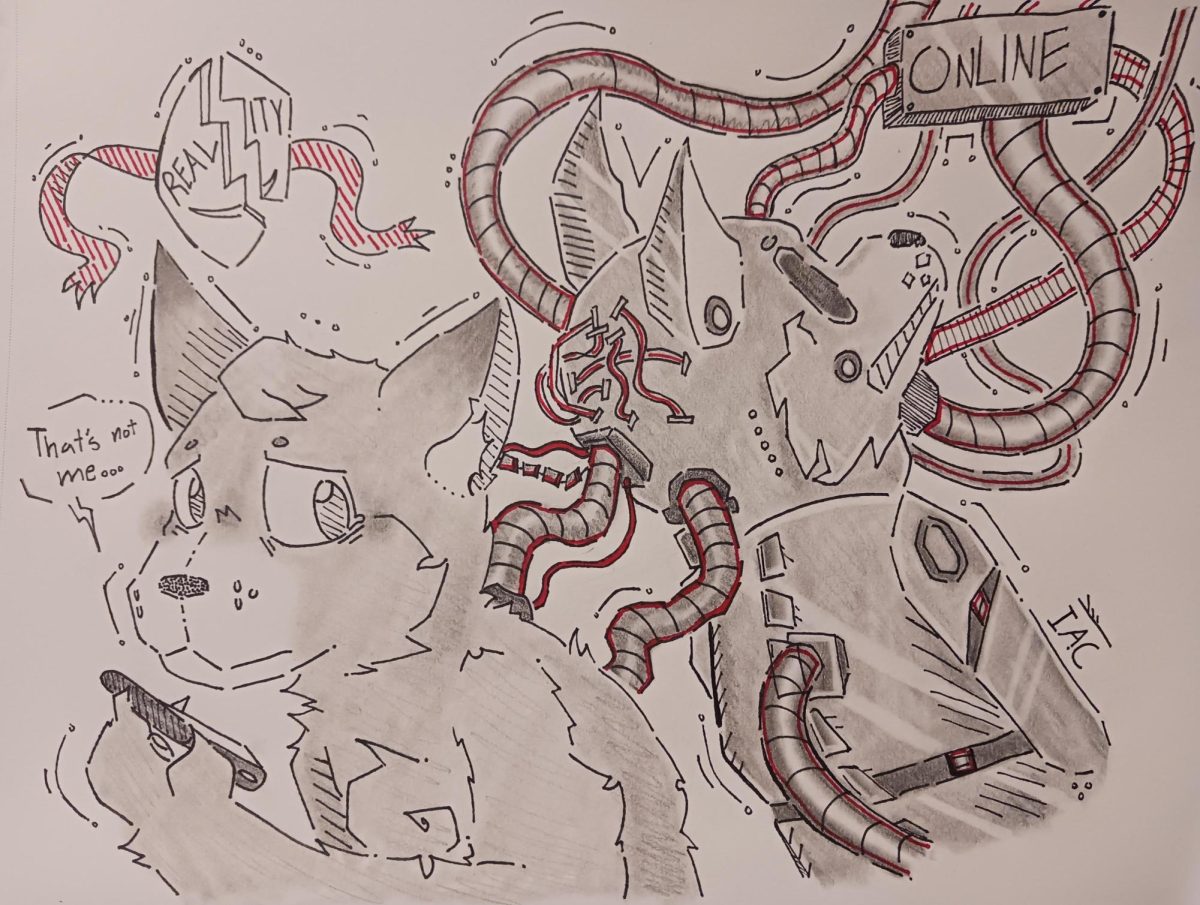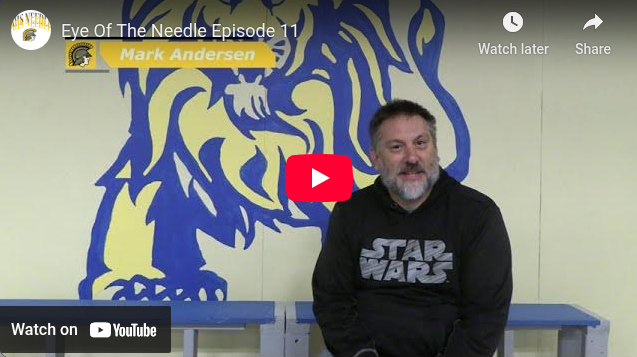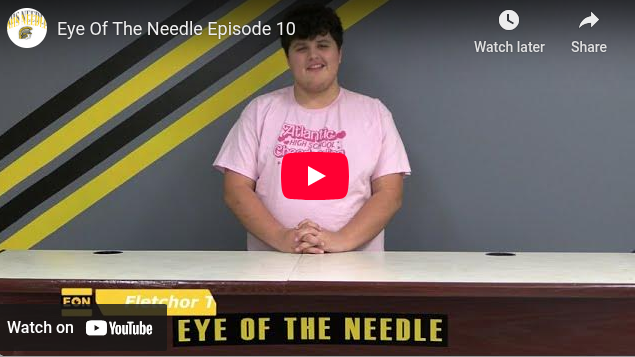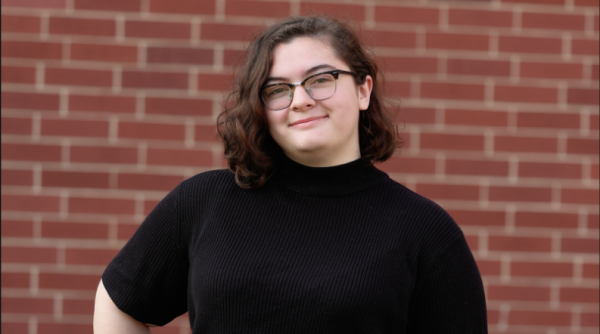Saving a life is not an easy task, but Chief of Police Devin Hogue did just that. At an AHS assembly earlier this year, Hogue decided to tell the story. “Staring into a sea of 400 people the same age” as the teenager he saved, Hogue pushed himself to provide an impact on the students of AHS.
Hogue has worked for the Atlantic Police Department for 13 years, moving from Shenandoah to Atlantic in August of 2011 with his wife. Originally planning on getting a degree in business, Hogue was not expecting to find a future in police work. “I didn’t know I wanted to be a police officer,” said Hogue. “I threw my name in the hat here and it very much ended up being a fit.”
Hogue accompanied Iowa Attorney General Brenna Bird during the Drug Discussion Assembly at AHS on Feb. 2. Although not originally planning to speak on the issue, Hogue chose to stand on the stage in front of AHS students and staff and discuss the impact the Fentanyl crisis holds on Atlantic. Hogue was worried the impact of this issue would not reach the students. “I felt like we were losing them,” he said.
Hogue discussed an instance that had happened to him to the students. “It was a younger individual who had taken some Fentanyl,” he said. “I’m not 100 percent sure that they knew this.” The individual had overdosed, yet Hogue was not convinced they were aware they were taking Fentanyl. This was because Fentanyl can be easily laced into another substance. “This drug, in particular, it’s an entirely different animal.” Hogue administered NARCAN to the individual working with EMS. This was an eye-opening experience for Hogue “to actually watch somebody who is essentially not there. And then just see them come back to life.”
The grave impact Fentanyl holds is crucial to be discussed, said Hogue “because in an instant, it could all be done; it could all be over.” The Fentanyl issue has not just been a one-time scenario, however, with Hogue stating that there are “at least four or five other officers in our department who have the same story with other individuals.”
The lasting impact this drug has had on our community is crucial to be discussed, and Hogue recognized this impact. The most important thing you can do if someone you know is using Fentanyl is “helping them reach out for help,” said Hogue.

